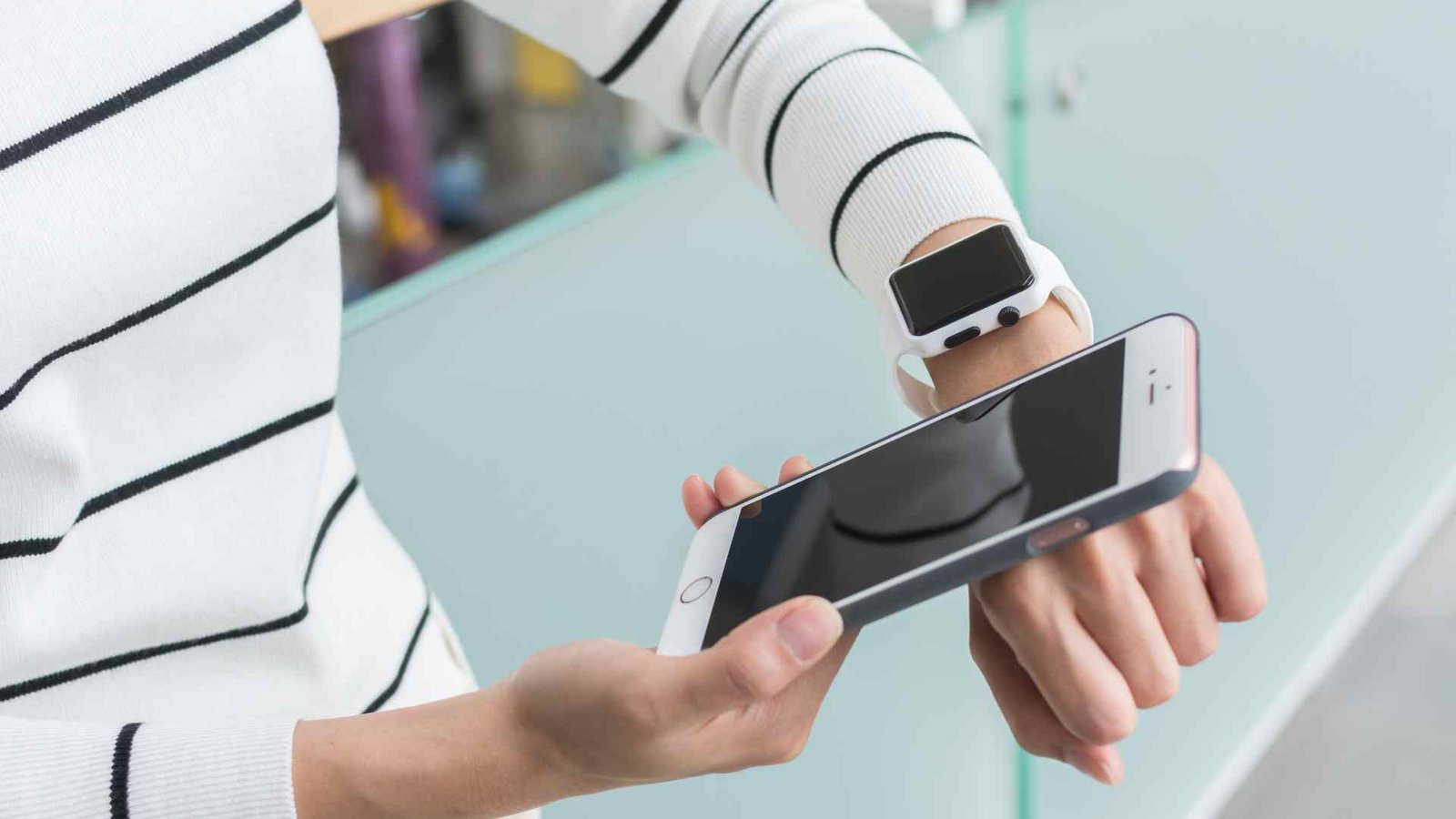As technology continues to evolve, the Consumer Electronics Show (CES) 2025 is set to showcase a new generation of wearable devices that go beyond simple step counting. This year, companies are focusing on delivering medical-grade data that can help users monitor their health more effectively. With advancements in sensors and artificial intelligence, these wearables promise to revolutionize personal health management.
The Shift from Fitness to Health Monitoring
Traditionally, wearable devices have primarily tracked physical activity, such as steps taken and calories burned. However, the latest innovations are shifting towards comprehensive health monitoring. Companies are integrating advanced sensors that can measure vital signs like heart rate, blood pressure, and even glucose levels. This shift reflects a growing consumer demand for devices that provide deeper insights into overall health.
Key Innovations at CES 2025
At CES 2025, several companies are expected to unveil groundbreaking products that exemplify this trend:
- Smartwatches with Advanced Health Metrics: Major brands are enhancing their smartwatches with features that can detect irregular heart rhythms and monitor sleep patterns more accurately. These devices will also offer personalized health insights based on user data.
- Wearable ECG Monitors: Some startups are introducing wearable electrocardiogram (ECG) monitors that can provide real-time heart health assessments. These devices aim to empower users to take proactive steps in managing their cardiovascular health.
- Continuous Glucose Monitors: For individuals with diabetes, continuous glucose monitors integrated into wearables will enable real-time tracking of blood sugar levels without the need for invasive procedures.
The Role of Artificial Intelligence
Artificial intelligence (AI) plays a crucial role in enhancing the functionality of wearable devices. AI algorithms analyze data collected from sensors to provide users with actionable insights. For instance, these algorithms can identify patterns in heart rate variability or sleep quality, alerting users to potential health issues before they become serious.
Regulatory Considerations
As wearable technology moves towards providing medical-grade data, regulatory bodies are closely monitoring these advancements. Companies must ensure their devices meet stringent safety and efficacy standards set by organizations like the FDA. This regulatory oversight is essential to build consumer trust and ensure that the data provided by wearables is accurate and reliable.
Consumer Acceptance and Privacy Concerns
While the promise of medical-grade data is exciting, consumer acceptance remains a critical factor. Many users may be hesitant to adopt these technologies due to privacy concerns regarding their health data. Companies must prioritize data security and transparency to alleviate these fears. Clear communication about how data is collected, used, and protected will be vital in gaining consumer trust.
Innovative Wearable Tech Devices at CES 2025
CES 2025 has introduced a range of groundbreaking wearable tech devices that enhance health monitoring and fitness tracking. Here are some of the standout products:
- Garmin Instinct 3
The Garmin Instinct 3 smartwatch features advanced solar technology, offering five times the battery life of its predecessor. Priced at $449, it includes a rugged design, a flashlight, and up to 24 days of battery life on the non-solar version, making it ideal for outdoor enthusiasts.
- Circular Ring 2
The Circular Ring 2 offers a unique sizing process using a smartphone camera and features an FDA-approved atrial fibrillation detection algorithm. Priced around £300 (approximately $380), it is set to ship in March and aims to compete with brands like Oura.
- Amp Fitness Machine
The Amp Fitness machine is an AI-powered home gym priced at $1,800. It adapts workouts in real-time based on user performance, providing dynamic resistance and personalized training experiences through a built-in camera and companion app.
- Withings Omnia
The Withings Omnia is an AI-powered mirror concept that integrates data from various health gadgets to deliver personalized health programs. Although still in the concept phase, it represents a futuristic approach to holistic health monitoring.
- Aurafit G12 Smartwatch
The Aurafit G12 Smartwatch supports five satellite navigation systems and over 150 sports modes. It features an AI-powered voice assistant for real-time updates, making it perfect for outdoor activities.
- Evolvera Smartwatch
The Evolvera, introduced by Italian startup iNNOVA, is a customizable AI smartwatch that learns from user behavior to provide a seamless experience with other smart devices.
- Novosound Ultrasound Blood Pressure Monitoring
Novosound showcased an innovative ultrasound-based blood pressure monitoring system that offers continuous, non-invasive measurements, improving comfort for users managing chronic conditions.
- Doublepoint Gesture Control System
The Doublepoint gesture control system allows users to interact with wearables through hand gestures, enhancing accessibility for those with physical limitations.
- Ultrahuman Rare Smart Ring
For luxury seekers, the Ultrahuman Rare smart ring is made from 18K gold or platinum and offers premium health tracking features. Starting at £1,499 (around $1,900), it combines elegance with functionality.
The Future of Wearable Technology
The innovations showcased at CES 2025 signal a significant shift in how we view wearable technology. No longer just fitness trackers, these devices are becoming essential tools for personal health management. As technology continues to advance, we can expect even more sophisticated features that will empower users to take control of their health.
CES 2025 promises to be a landmark event for wearable technology, highlighting the transition from basic fitness tracking to comprehensive health monitoring. With advancements in sensors and AI, consumers can look forward to devices that offer medical-grade data right on their wrists. As this technology evolves, it holds the potential to improve individual health outcomes and to transform healthcare delivery as a whole.




